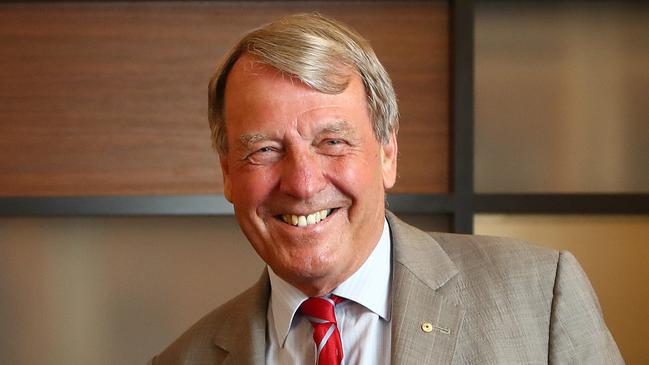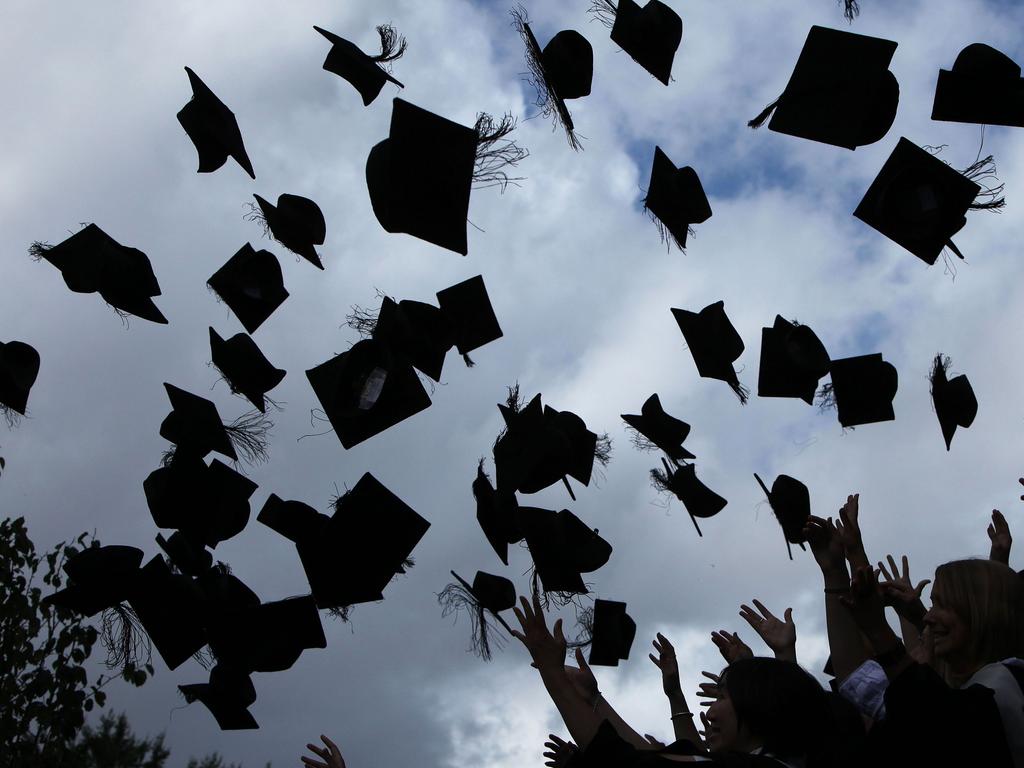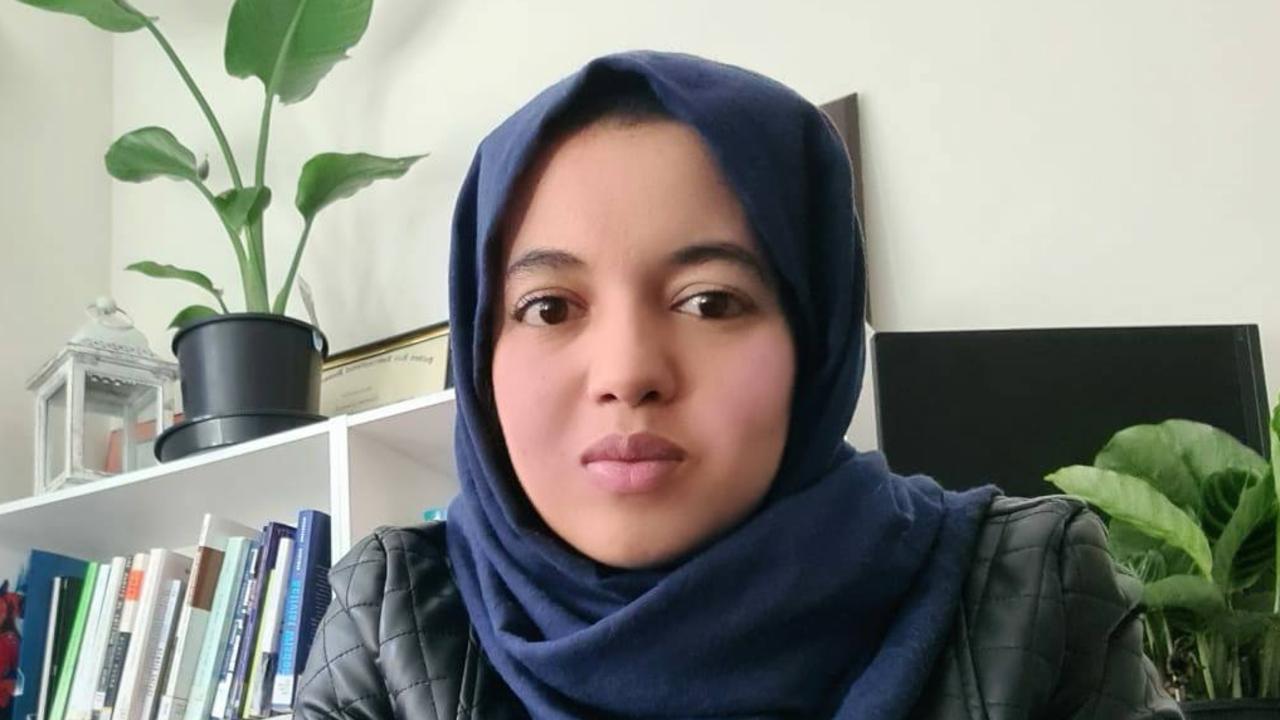University chancellors demand wholesale changes at universities’ peak body
A power struggle between chancellors and vice-chancellors has become public.

A power struggle between chancellors and vice-chancellors has become public as University Chancellors Council chairman Stephen Gerlach demands a sweeping overhaul of the higher education sector’s peak body and a better relationship with the Morrison government.
Mr Gerlach has launched an extraordinary criticism of the vice-chancellor dominated Universities Australia and declared the peak body should not respond to a review of its structure by making changes “around the edges”.
Mr Gerlach — who is also chancellor of Flinders University and ex-chairman of energy giant Santos — is calling for chancellors to play a bigger role in shaping the higher education agenda, saying they offer a “broader” worldview than academic vice-chancellors.
Universities Australia fired back on Friday as its chairwoman Deborah Terry said the peak body had performed well — including securing a sector-saving $1bn in research funding in last October’s federal budget — and was consulting with chancellors.
JANET ALBRECHTSEN: Tug of war as uni heads fight for freedom
In the first major public intervention by a university chancellor, Mr Gerlach said chancellors were concerned by universities’ deteriorating relationship with the Morrison government, which saw the sector deal with a string of policy losses during the pandemic, including being denied JobKeeper and being targeted in foreign interference crackdowns.
“UCC is concerned about everything in the broader sense of governance that includes things like policy development with the federal government,” Mr Gerlach told The Weekend Australian.
“There has been a lot of disquiet among members of the UCC for some time now about the deterioration in the relationship with the federal government.
“We are hopeful that out of that process will come, not something just around the edges, but a really decent look at what can be done for UA to play a constructive role going forward.”
The Australian revealed late last year that the chancellors — the university equivalent of chairman of the board — had sparked a review of UA over concerns it had not anticipated Mr Morrison’s 2019 election victory and the relationship with the Coalition had gone backwards.
Education consultancy PhillipsKPA has assessed Universities Australia’s core functions — and its relationships with key cabinet ministers and top public servants — handing its findings to vice-chancellors by March.
The review came after the sector failed to gain access to JobKeeper, secure backing for foreign students to return to Australia, stop a new funding regime that will cut overall commonwealth contributions, and avoid having their deals with foreign powers being subject to vetos from Canberra.
Senior university leaders have said there are concerns UA over-estimated Labor’s chances of winning the election in 2019 and made several strategic decisions based on that assumption.
UA’s board is dominated by vice-chancellors — the chief executives of the higher education institutions. Professor Terry, the vice-chancellor of the University of Queensland, defended the peak body’s record and said the board would continue to work with chancellors.
“Universities Australia and member universities have worked closely and very constructively with government during one of the most challenging periods for the nation and the sector, resulting in a number of significant policy changes,” she said.
The nation’s chancellors include some of the most influential people in Australian society, including former foreign Minister Julie Bishop at the Australian National University, businessman David Gonski at the University of NSW, and Commonwealth Bank chairwoman Catherine Livingstone at the University of Technology Sydney.
Mr Gerlach said chancellors had been under-utilised. “Most of them (vice-chancellors) come out of an academic background, and they come through that lens. The UCC though is made up of 39 chancellors … they normally come out of a more broader community background — business, law, government. We’re not trying to take anything over. In fact, we want to enhance the positive ability for UA to have meaningful discussions with government.”



